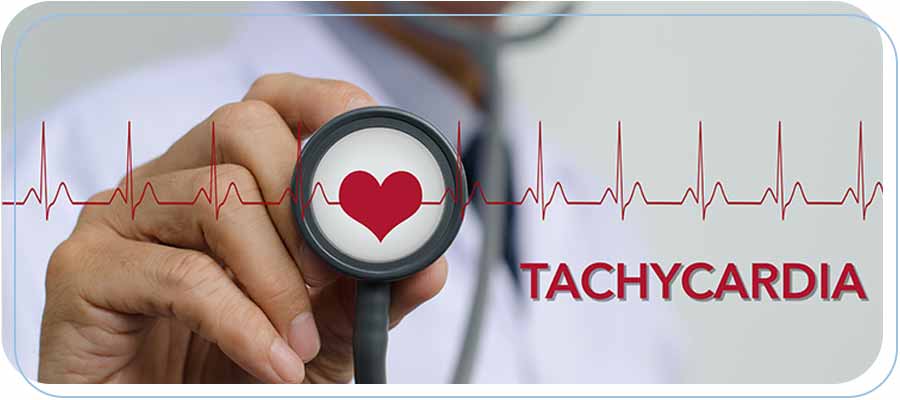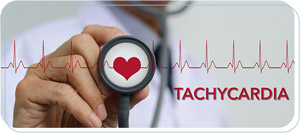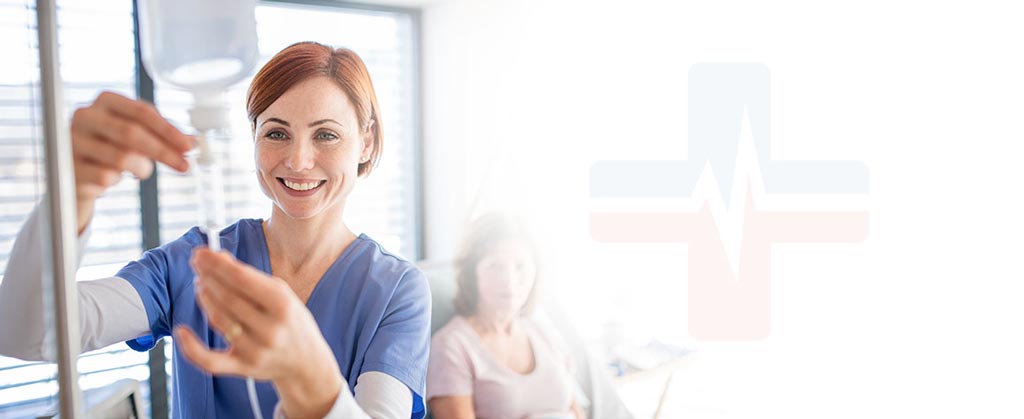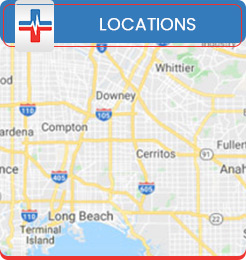What are the Benefits of Having an EKG at Urgent Care Centers?
An electrocardiogram is a test used to identify heart problems. This test is useful for detecting heart issues such as heart attacks, heart failure, damage to the heart, and irregular heartbeat. Dr. Usha Rani K. Reddy, M.D. board-certified physician offered EKG testing at Reddy Urgent Care. EKG is a quick and painless technique that helps you quickly detect any health issues you may have and identify suitable treatment for you. If you had exhaustion, shortness of breath, rapid or irregular heartbeat, or chest pain, you should get an EKG test. To learn more about the benefits, contact us. We are located at 123 Atlantic Ave Long Beach, CA 90802.


Table of Contents:
What does an EKG test for?
What problems can an EKG detect?
What is the difference between an ECG and EKG?
How long does it take to do an EKG?
If you’re experiencing problems with your cardiac system, your physician may send you to get an electrocardiogram (also known as an EKG or ECG). This painless test gives your physician more insight into your heart’s electrical activity which can help them identify and treat problems. In addition, it also provides them with more information about your blood flow levels and the rhythm of your heart.
If you require an EKG, our medical professionals at Reddy Urgent Care can provide you with safe and efficient testing. We also accept walk-ins to best suit your individual needs. For more information about our EKG services, contact us today – we’re happy to answer any questions that you may have.
An electrocardiogram (EKG) is a quick and painless medical test that is performed to help diagnose a multitude of common heart problems. You may be asked by your physician to go in for an EKG if you’re experiencing certain symptoms such as chest pain, dizziness, confusion, heart palpitations, rapid pulse, shortness of breath, weakness, and/or fatigue.
Most commonly, an EKG is used to detect or diagnose:
– Irregular heartbeat patterns (also known as arrhythmias)
– Blocked or constricted arteries in the heart (coronary artery disease)
– What is causing chest pain
– If you’ve had a previous heart attack
– If certain treatments and/or cardiac equipment, such as a pacemaker, is working the way it’s supposed to.
EKGs can also be used as a form of preventative and proactive healthcare, helping your physician to screen for warning signs of potential problems.
In these cases, you may also need an EKG if you:
– Have previously experienced a heart attack
– Have experienced past heart anomalies
– Have a family history of heart-related issues
– Are scheduled for surgery
– Are taking medicine for heart disease
The primary purpose of the EKG is to measure the electrical activity of your heart, ultimately providing vital information about the rate at which your heart is beating. It can also be used to determine if the heart muscle is performing as it should be, which can provide the necessary information to either make a diagnosis or make any necessary changes to a pre-existing one.
An electrocardiogram (EKG) often provides your physician with additional insights into the health and function of your heart to make a more comprehensive diagnosis.
An EKG can detect the following issues:
– An abnormal heartbeat (arrhythmia)
– Abnormal blood and oxygen levels
– An enlarged heart or other defects
– Heart aneurysms
– Past heart attacks
– Coronary artery disease
– Issues with cardiac equipment, such as a pacemaker
An EKG or an EKG are both short-term abbreviations for an electrocardiogram. There are no differences between the two, so if you see different places using different pseudonyms, don’t panic! You’ll be getting the same test and the same care no matter what.
One of the benefits of EKGs is that they’re a very time-effective test to perform. It typically takes about 10 minutes to set up the equipment and attach the electrodes to your skin. The actual process of getting the recording from EKG equipment takes only seconds. Overall, you can expect the total preparation and recording process to take between 10-15 minutes.
While this test can be performed very quickly, it’s important to note that it may take between 1-2 days to receive your results. This is because the results often have to be sent to a heart specialist to be interpreted before they get returned to your doctor. Your primary physician, or attending healthcare provider, may call you or schedule you for a follow-up appointment to deliver your results.
If your physician requires you to get an EKG, contact the healthcare professionals at Reddy Urgent Care. We offer professional, timely, and affordable EKGs while also offering walk-in availability for those that need them. For more information, contact us. We are located at 123 Atlantic Ave Long Beach, CA 90802. We serve patients from Downtown Long Beach CA, Lakewood CA, Los Alamitos CA, Rossmoor CA, Wilmington CA, and surrounding areas.
Check Out Our 5 Star Reviews






